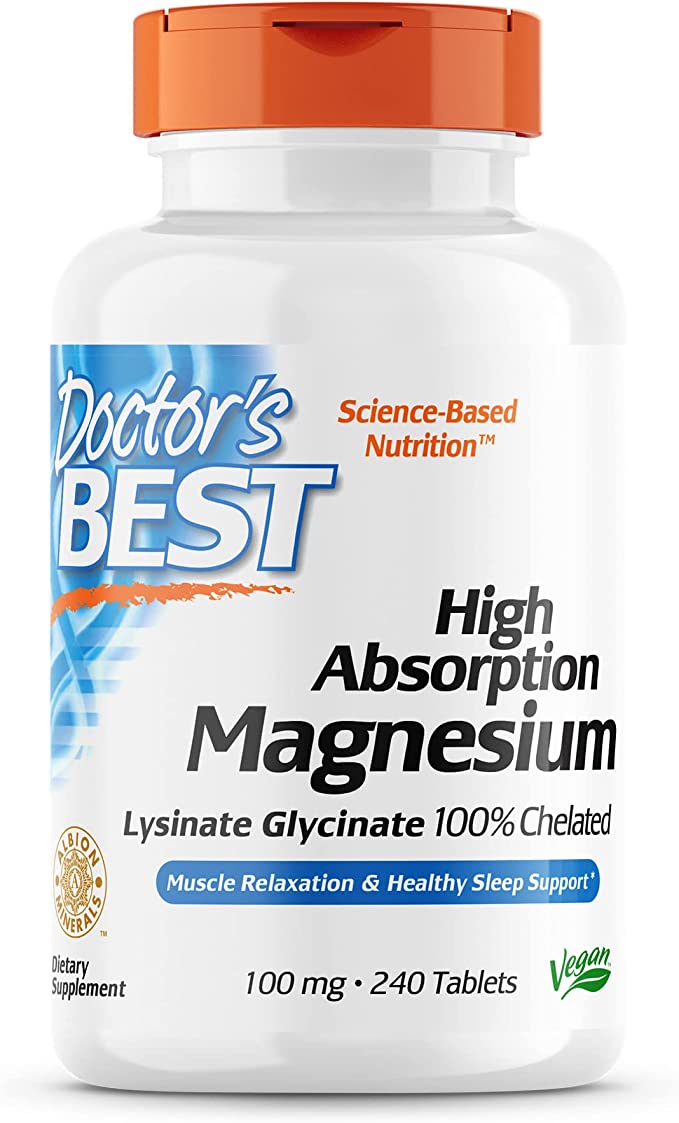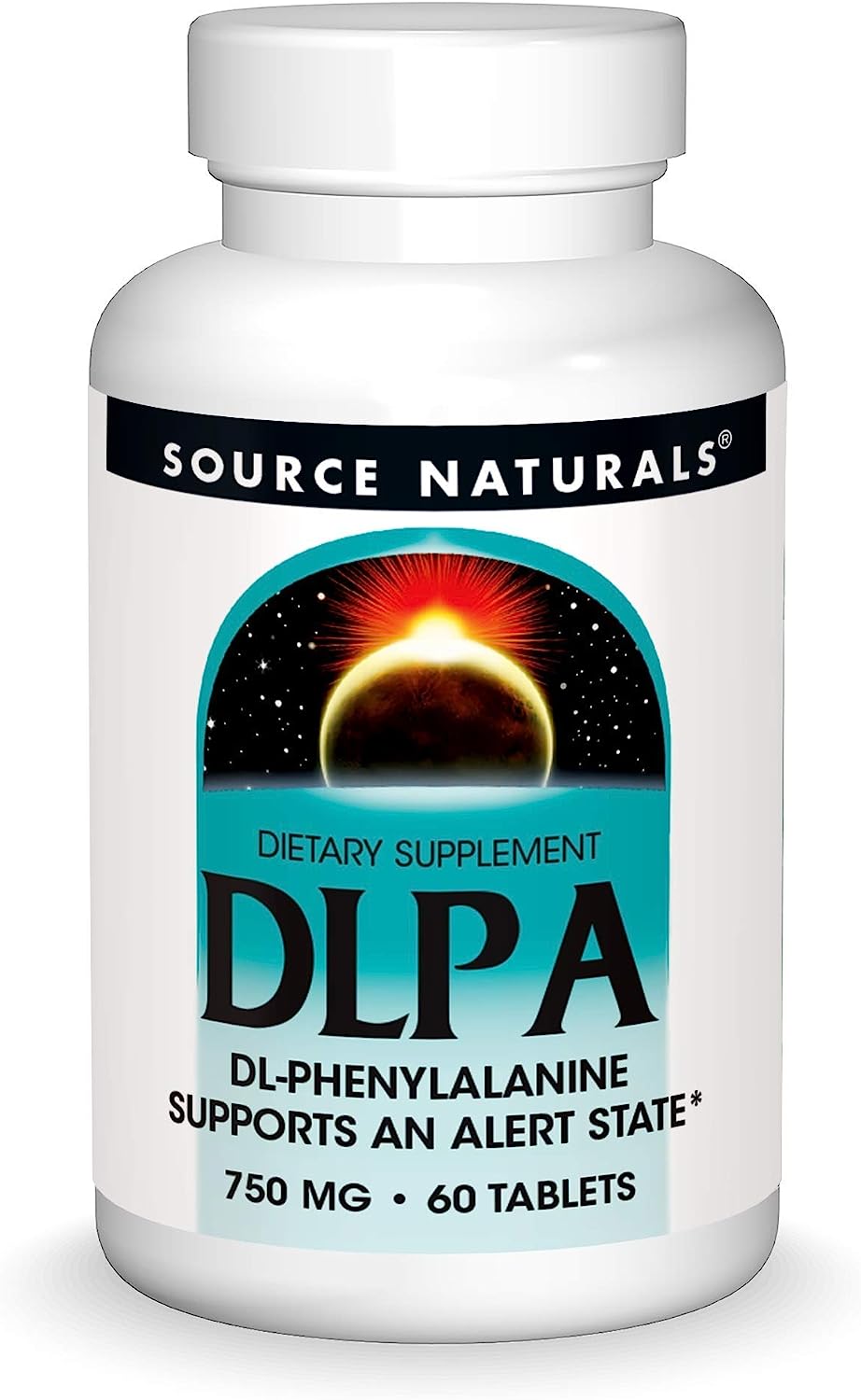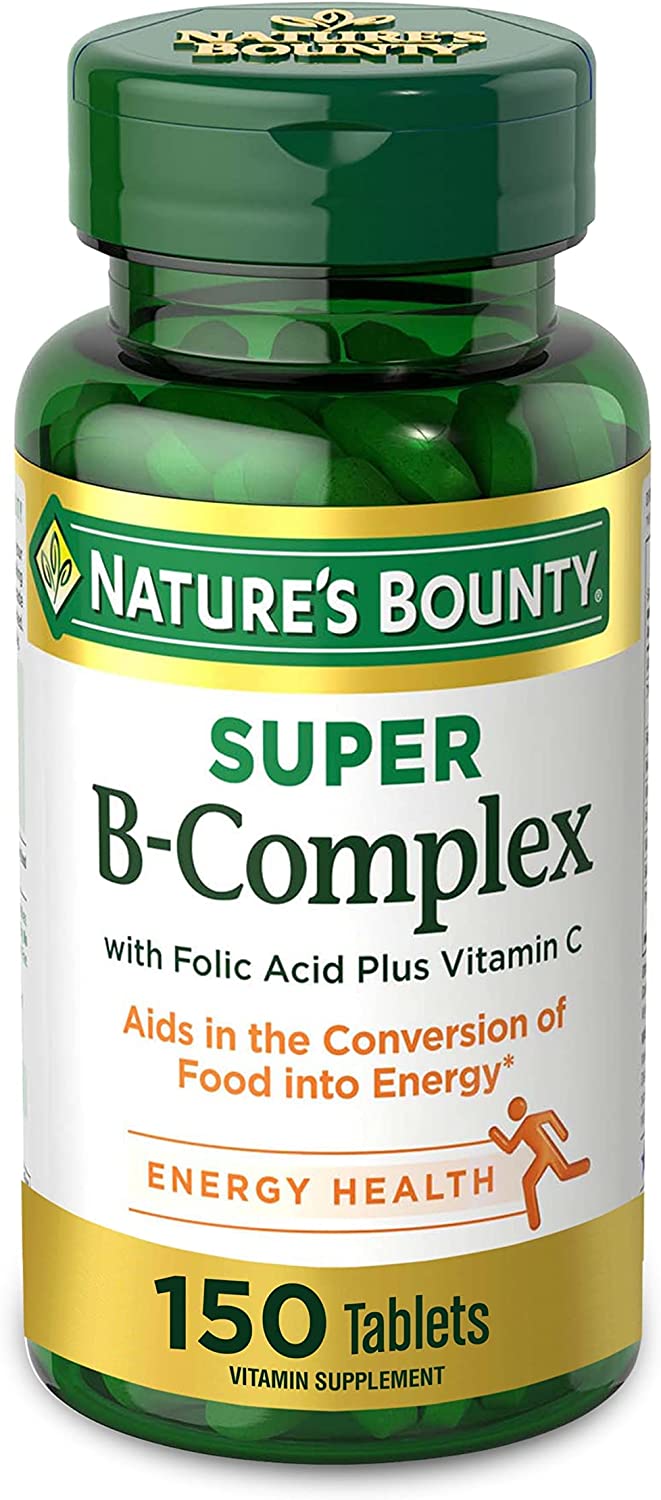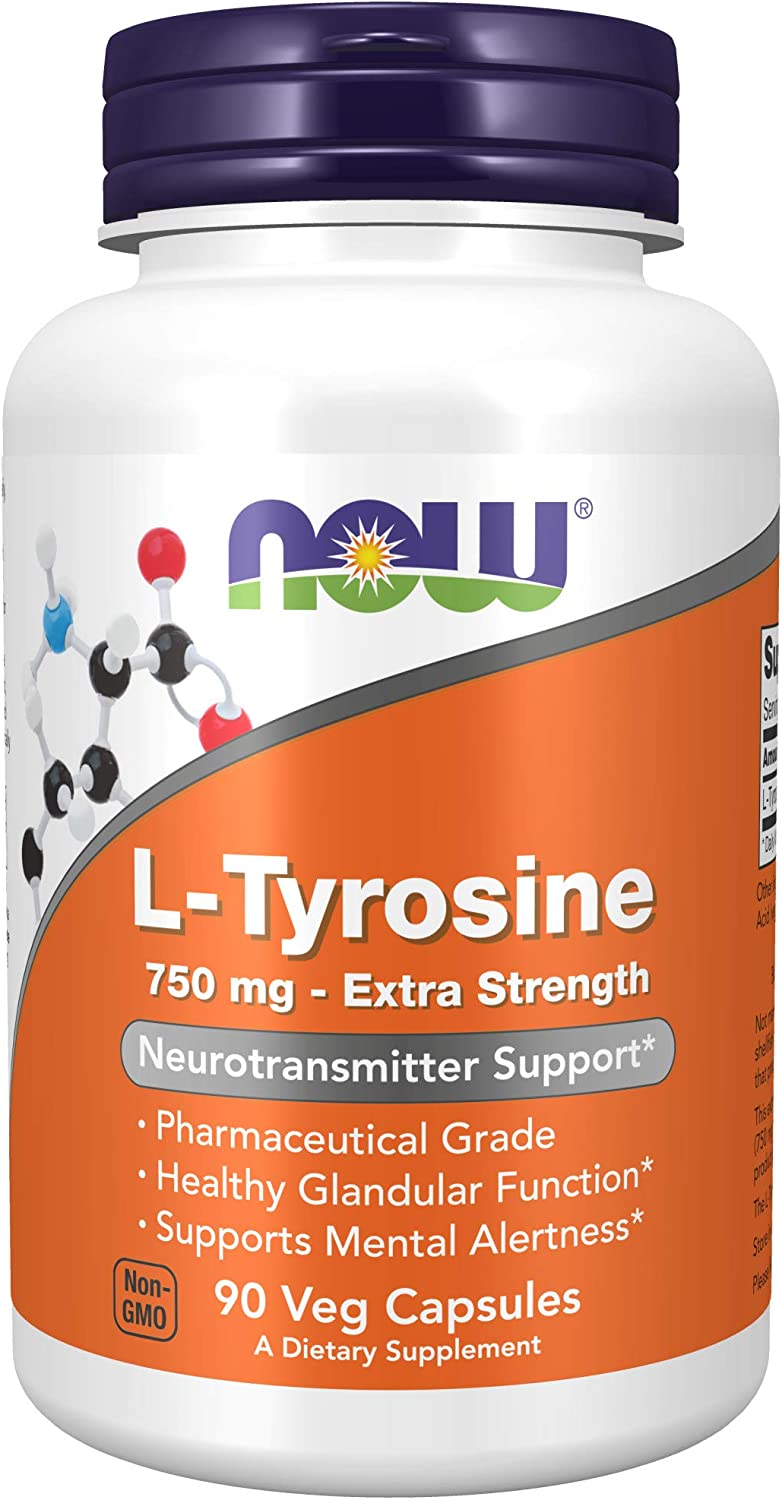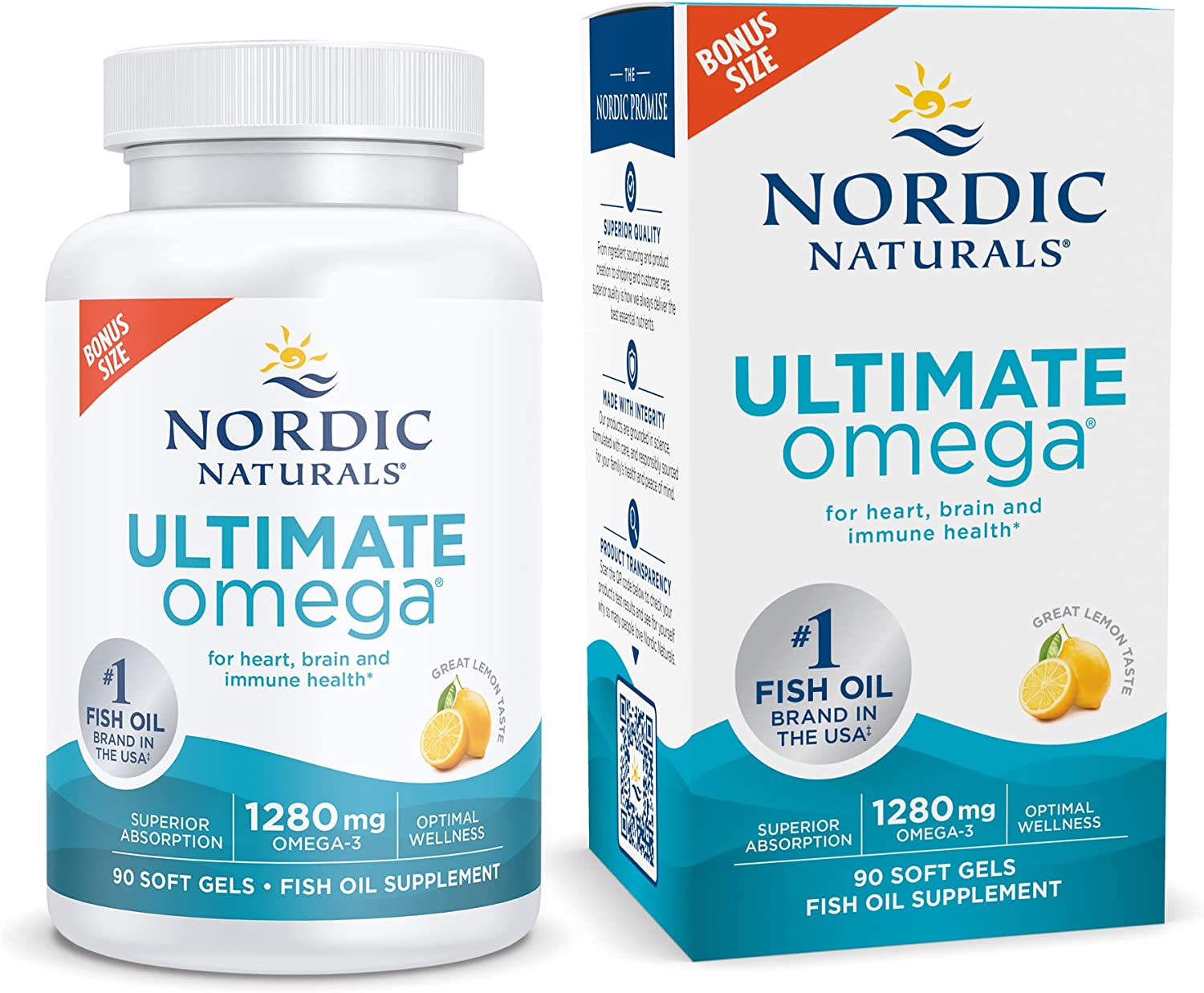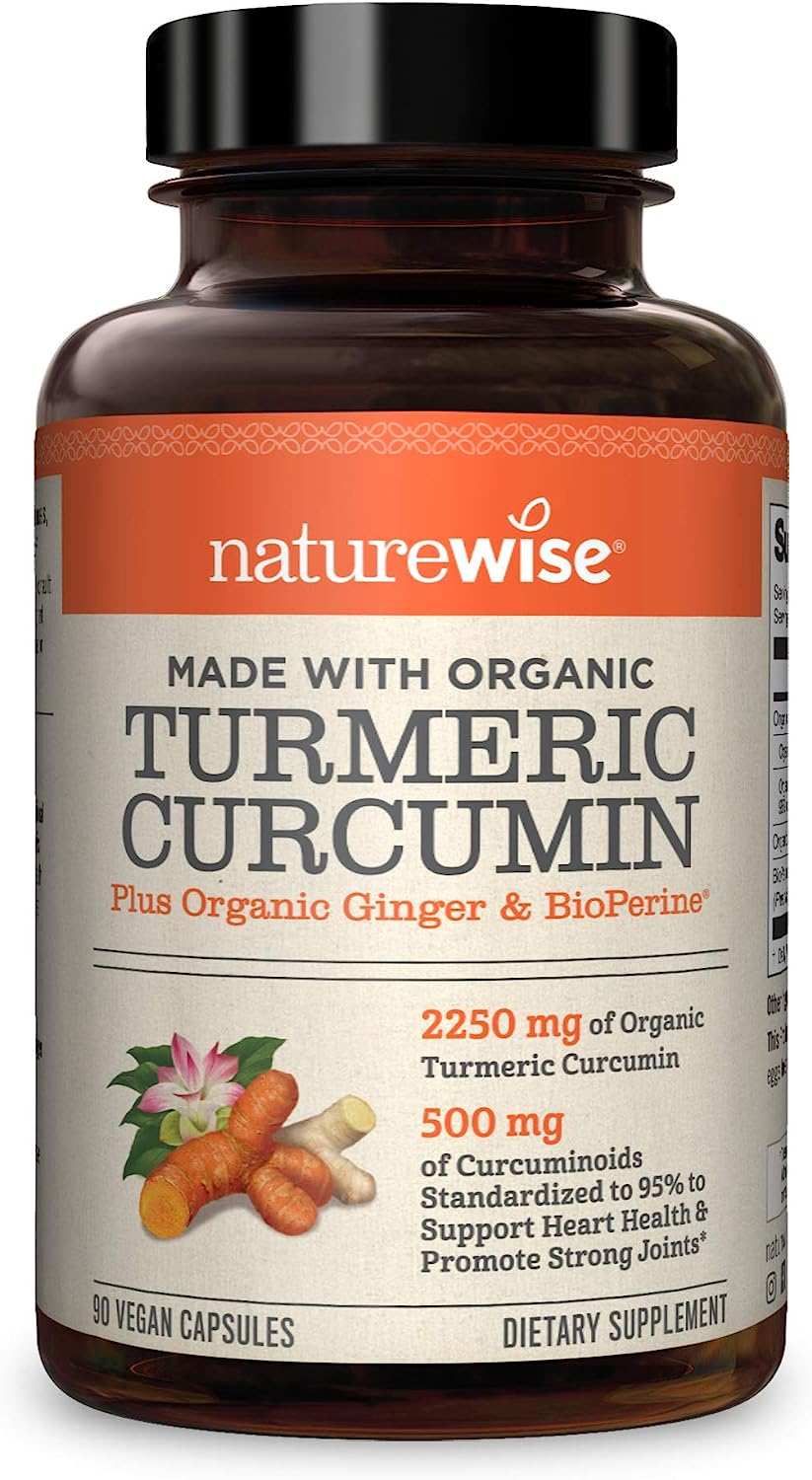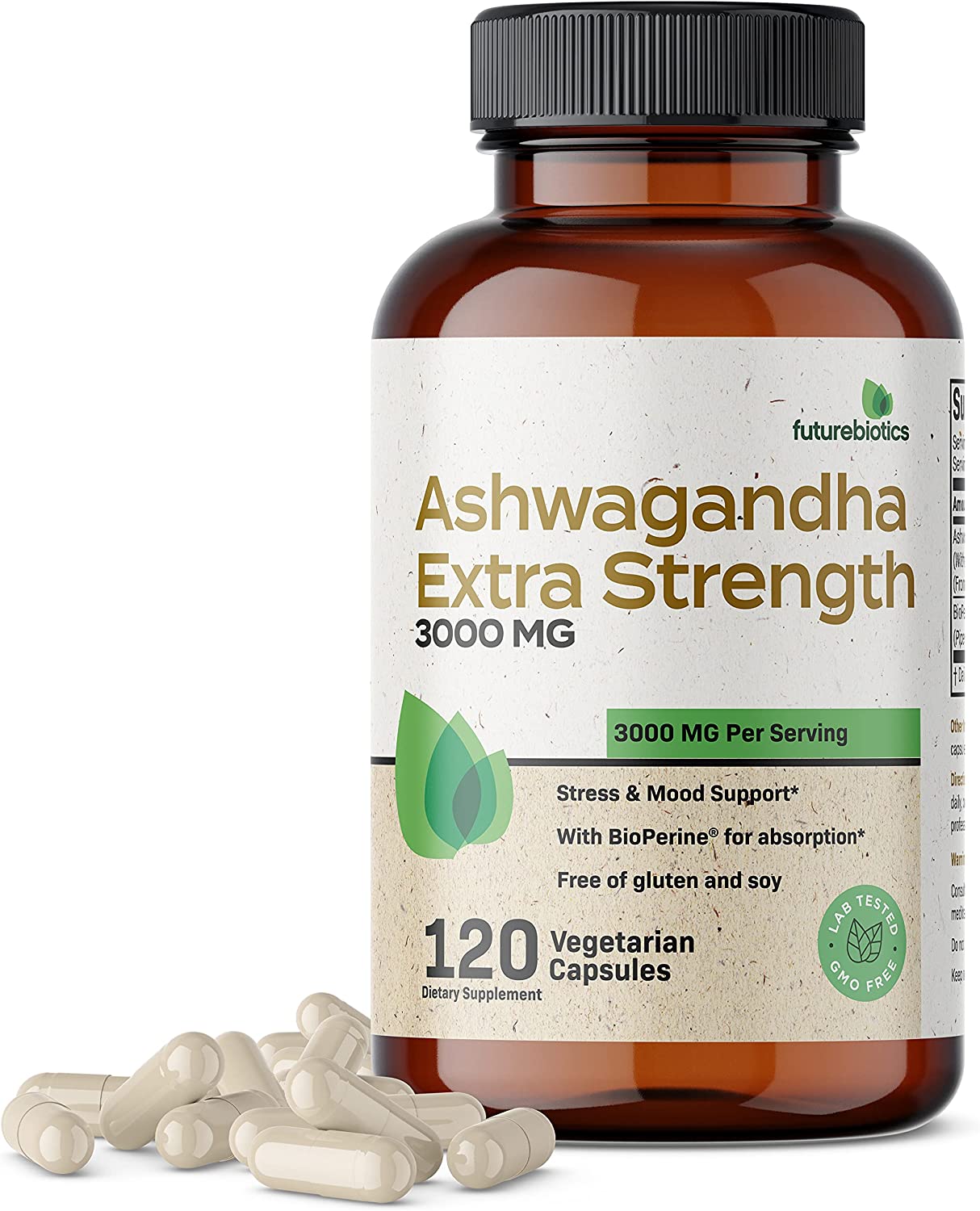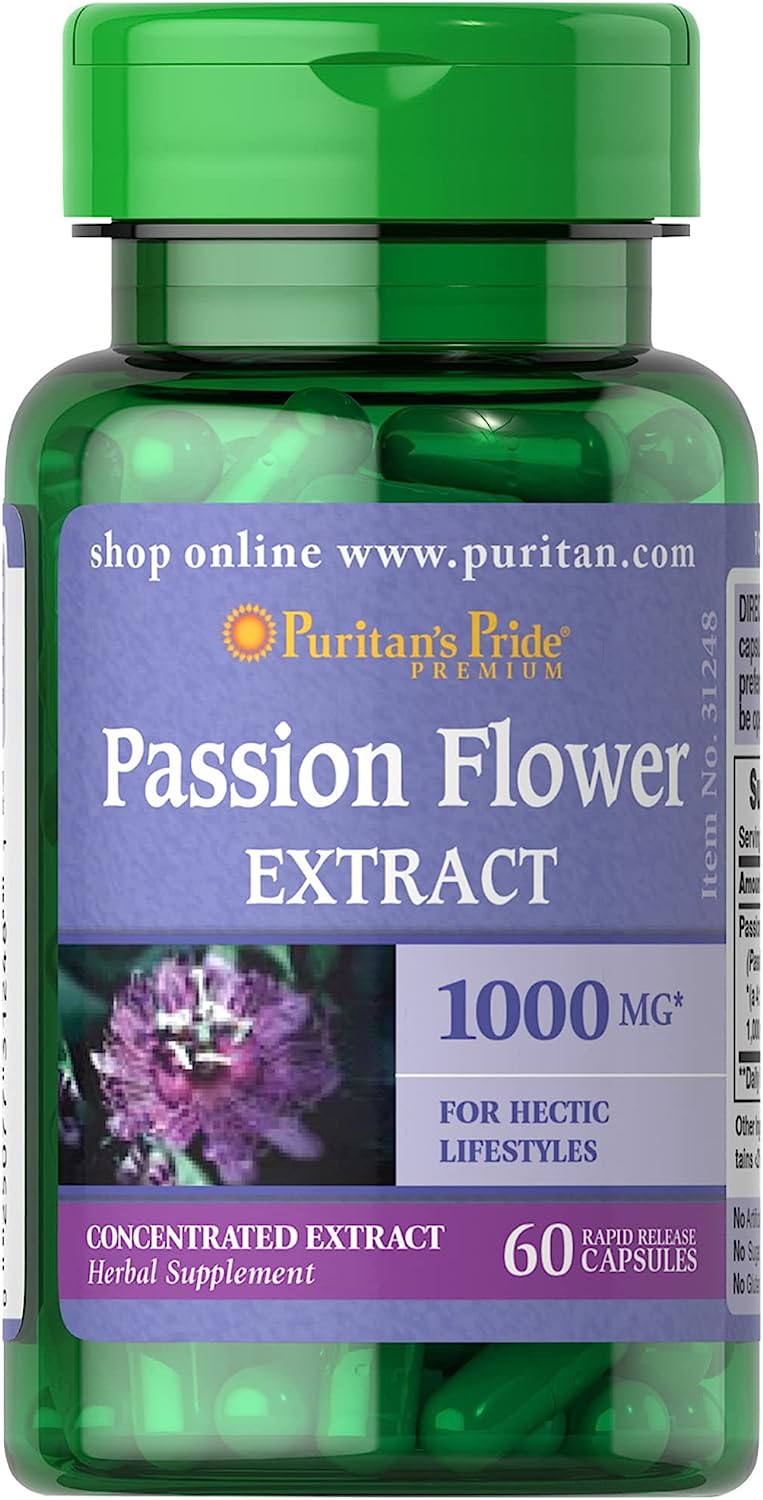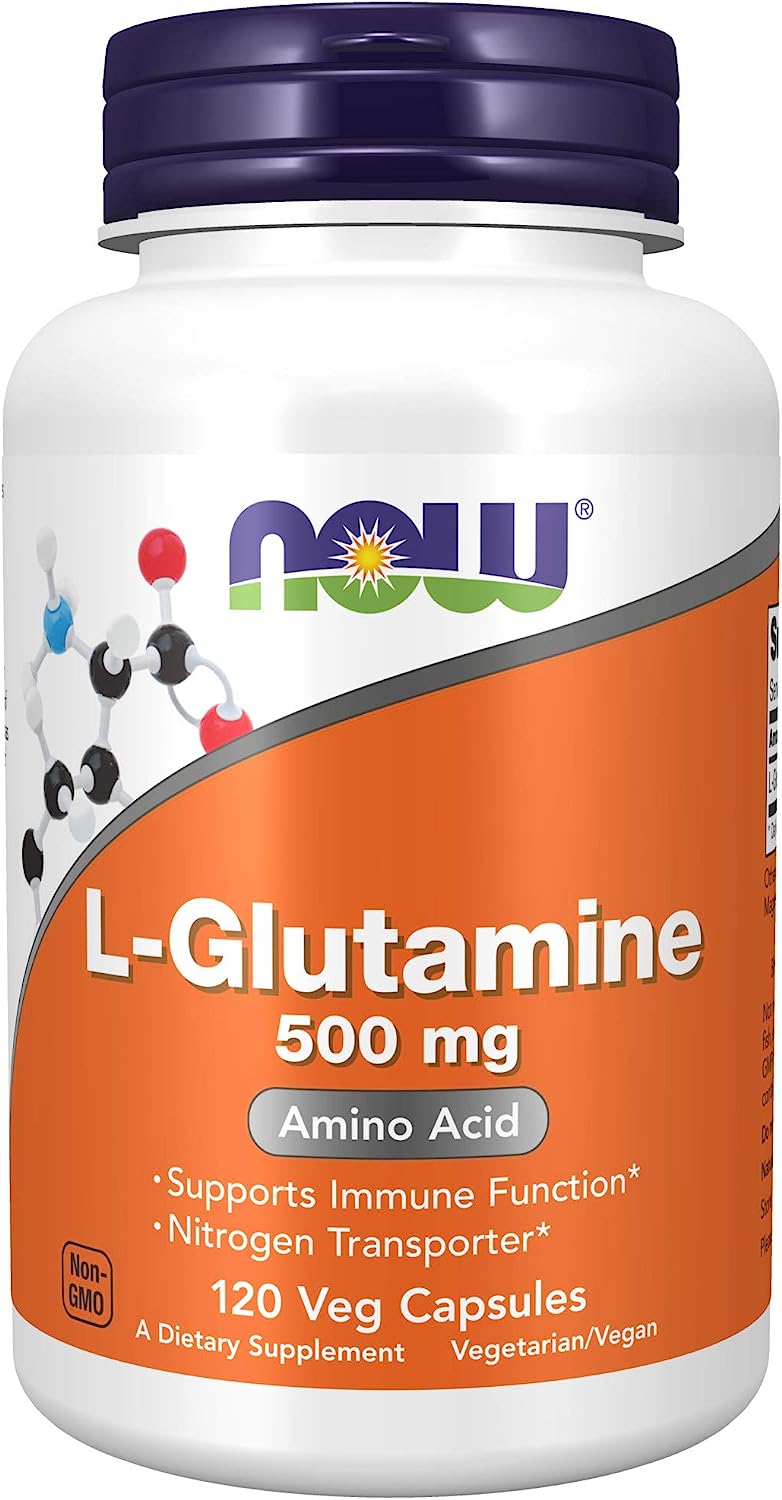Opioids
Research-backed supplements that may help improve symptoms of post-acute withdrawal syndrome (PAWS) from opioids like oxycodone, fentanyl, heroin, and buprenorphine.
The following recommendations are not only supported by science but also informed by our positive experiences working with hundreds of people recovering from chemical dependencies. Unique product links and specific brands are frequently updated for the best quality, pricing and availability. Each item is a trusted brand we endorse.
[Check with your healthcare provider before starting any herbal or nutritional supplements]
Magnesium Glycinate
Magnesium glycinate is a form of magnesium known for its calming and relaxing properties, making it a potential supplement to consider during opiate withdrawal when symptoms such as anxiety, muscle tension, and restlessness can be prevalent.
Supplementing with magnesium glycinate can help promote relaxation, ease muscle tension, and potentially alleviate some of the discomfort.
Additionally, magnesium glycinate may support sleep quality, as insomnia is a common symptom experienced during acute and post-acute opiate withdrawal.
RECOMMENDED DOSE: 200-400 mg per day
How it Helps
- Promotes relaxation and eases muscle tension
- Potential alleviation of anxiety symptoms during withdrawal
- Supports sleep quality and duration
- Plays a crucial role in various physiological processes
DLPA
DL-Phenylalanine, commonly known as DLPA, is an amino acid supplement that may have mood-enhancing properties and aid in alleviating discomfort during opiate withdrawal.
DLPA is a combination of two forms of phenylalanine: D-phenylalanine and L-phenylalanine. D-phenylalanine is believed to support the production of endorphins, the body’s natural feel-good chemicals, which may help elevate mood and promote a sense of well-being.
Additionally, L-phenylalanine is a precursor to various neurotransmitters, including dopamine, norepinephrine, and epinephrine, which are involved in regulating mood and managing pain perception. Supplementing with DLPA can help support the production of these neurotransmitters.
It’s important to note that DLPA may interact with certain medications, such as monoamine oxidase inhibitors (MAOIs) or tricyclic anti-depressants (TCAs). Therefore, it’s crucial to consult with a healthcare professional before considering DLPA supplementation.
Amount : 500 – 2000 mg per day in divided doses
How it Helps
- Supports mood enhancement and promotes a positive outlook
- Aids in managing pain perception during withdrawal
- Supports the production of neurotransmitters involved in mood regulation
- Potential alleviation of discomfort associated with opiate withdrawal
- Note: Consult with a healthcare professional before taking DLPA, especially if you are on certain medications
B-Complex
A B-complex supplement consists of a group of essential vitamins, including B1 (thiamine), B2 (riboflavin), B3 (niacin), B5 (pantothenic acid), B6 (pyridoxine), B7 (biotin), B9 (folate), and B12 (cobalamin). These vitamins play a vital role in supporting the nervous system and maintaining energy levels.
Opiate withdrawal can lead to fatigue, low energy levels, and mood disturbances. Supplementing with a B-complex can help address these concerns by supporting the production of energy and enhancing overall nervous system function.
B-vitamins are also involved in various metabolic processes, including the conversion of food into energy and the synthesis of neurotransmitters that regulate mood and promote a sense of well-being. By incorporating a B-complex into your protocol, you can potentially mitigate fatigue, improve energy levels, and support emotional stability during those first few months.
AMOUNT : 1 – 3 tablets per day
How It Helps
- Supports the nervous system function
- Enhances energy production and reduces fatigue
- Promotes emotional stability and mood balance
- Assists in the synthesis of neurotransmitters
- Contributes to overall well-being during opiate withdrawal
Vitamin c
Vitamin C plays a crucial role as a co-factor in cognitive function and mood support.
Opioid withdrawal can lead to cognitive challenges and mood fluctuations. Vitamin C is an essential antioxidant that supports brain health and cognitive function. By acting as a co-factor in various enzymatic reactions, Vitamin C helps enhance neurotransmitter synthesis and transmission, contributing to improved mental clarity and focus.
RECOMMENDED DOSE: 500 – 2000 mg per day in divided doses
How it Helps
- Acts as a co-factor in cognitive function and neurotransmitter support
- Combats oxidative stress for improved mood balance
- Enhances overall mental clarity and emotional well-being
L-Tyrosine
L-Tyrosine is an amino acid that serves as a precursor to important neurotransmitters in the brain, such as dopamine, norepinephrine, and epinephrine.
Supplementing with L-tyrosine during opiate withdrawal may help support neurotransmitter production and aid in managing stress.
Opiate withdrawal can disrupt the balance of neurotransmitters in the brain, leading to symptoms such as low mood, fatigue, and difficulties with focus and concentration. L-Tyrosine supplementation can help replenish these neurotransmitters, potentially alleviating these symptoms and promoting mental clarity.
RECOMMENDED DOSE: 750 – 3000 mg per day in divided doses
How It Helps
- Supports neurotransmitter production for improved mood and mental clarity
- Helps manage stress levels during opiate withdrawal
- Aids in the body’s stress response system
- Potential alleviation of low mood, fatigue, and difficulties with focus
- Note: Consult with a healthcare professional before considering L-Tyrosine supplementation, especially if you have specific health conditions or are taking other medications.
Omega-3
Omega-3 fatty acids, including EPA (eicosapentaenoic acid) and DHA (docosahexaenoic acid), are essential fats that offer numerous benefits for brain health and inflammation reduction.
Opiate withdrawal can impact brain function and lead to inflammation in the body. Supplementing with omega-3 fatty acids can help support brain health, cognitive function, and mood stability.
Additionally, omega-3 fatty acids have been linked to improved mood and decreased symptoms of depression, which can be beneficial during the emotional challenges of protracted opiate withdrawal.
Amount : Recommended between 2000 – 3000 mg total EPA/DHA
How it Helps
- Supports brain health and cognitive function
- Reduces inflammation in the body
- Potential mood improvement and decreased symptoms of depression
Turmeric
Turmeric, a yellow spice commonly used in cooking, offers a range of health benefits, including its anti-inflammatory properties and potential mood-supporting effects.
Curcumin, the main active compound in turmeric, possesses potent anti-inflammatory properties that may help reduce inflammation in the body. Opiate withdrawal can lead to increased inflammation, and incorporating turmeric into your supplement protocol may support the body’s natural healing process.
Additionally, turmeric has been studied for its potential mood-supporting effects.
To enhance the absorption of curcumin, it is recommended to take turmeric with black pepper or in combination with a fat source.
RECOMMENDED DOSE: Follow dosing instructions on package label
How It Helps
- Offers anti-inflammatory properties to reduce inflammation in the body
- Supports the body’s natural healing process during recovery
- Potential mood-supporting effects for emotional well-being
- Note: Consume turmeric with black pepper or in combination with a fat source for enhanced curcumin absorption
Ashwaghanda
Ashwagandha, an adaptogenic herb used in traditional Ayurvedic medicine, offers potential benefits for managing stress and anxiety.
Opiate withdrawal can be a challenging and stressful time, often accompanied by feelings of anxiety and restlessness.
Ashwagandha has been studied for its potential to support the regulation of cortisol, a stress hormone that can become dysregulated during withdrawal. By promoting healthy cortisol levels, Ashwagandha may contribute to a more stable mood and reduced stress response.
Amount : Follow the instructions on the package
How it Helps
- Supports the body’s stress response system
- Promotes a sense of calmness and reduces anxiety symptoms
- Enhances sleep quality and supports overall well-being
- Helps regulate cortisol levels for a more stable mood
Passion flower
Passion flower, a botanical herb, is known for its calming and soothing properties.
Opiate withdrawal can be accompanied by restlessness, irritability, and difficulty relaxing. Passion flower may help promote relaxation and alleviate these symptoms, allowing for a more peaceful state.
It contains compounds that interact with certain receptors in the brain, promoting a sense of calmness and reducing anxiety.
Additionally, passion flower has been traditionally used for its sedative effects and ability to support a healthy sleep cycle. This can be particularly beneficial during opiate withdrawal when sleep disturbances are common.
RECOMMENDED DOSE: Follow dosing instructions on package label
How It Helps
- Promotes relaxation and eases restlessness
- Alleviates anxiety symptoms during opiate withdrawal
- Supports healthy sleep patterns and improves sleep quality
- Contributes to a greater sense of ease and tranquility
L-Glutamine
Glutamine, a non-essential amino acid, offers potential benefits in managing cravings during the first weeks and months of abstinence.
Opiate withdrawal can be accompanied by intense cravings, especially during the early stages. Glutamine supplementation may help reduce cravings by supporting the production of neurotransmitters in the brain, such as gamma-aminobutyric acid (GABA), which is involved in regulating cravings and promoting a sense of calmness.
Additionally, glutamine is known to play a role in stabilizing blood sugar levels. By maintaining stable blood sugar, glutamine may help curb the desire for sugary and carbohydrate-rich foods, which can be common triggers for cravings.
Amount : 1000 – 3000 mg per day in divided doses
How it Helps
- Supports cravings management during recovery
- Promotes the production of neurotransmitters involved in regulating cravings
- Helps stabilize blood sugar levels and curb cravings for sugary foods
- Supports gut health and immune function
Contact Us
We’re here for you every step of the way towards a healthier and more fulfilling life. Contact us today for personalized guidance, support, and to learn more about our services.
Please note: Dosage, frequency, duration, and combination recommendations of all listed products vary considerably depending upon your unique situation and needs. Check with your healthcare provider before starting any herbal or nutritional supplements, as they may interact with medications or exacerbate certain disease states.
Contact us
(215) 498-3889
jeff.simone@reactionrecovery.com
info@reactionrecovery.com
Open Hours
M-F: 8AM – 9PM EST
Sat: 3PM – 7PM EST
Sun: 8AM – 7PM EST

